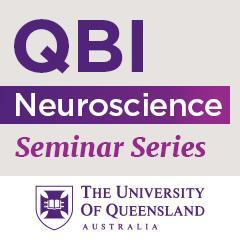Professor Erik Jorgensen, USA : “Forever young: neurons that refuse to grow up"

Speaker: Professor Erik Jorgensen,
Howard Hughes Medical Institute (HHMI), University of Utah, USA
Title: “Forever young: neurons that refuse to grow up"
Abstract:
“After the nervous system develops and synaptic wiring is established, the nervous systerm architecture must be maintained for the life of the individual: reliable information retrieval relies on stable connectivity. How do neurons switch from a developmental program to a stable differentiated state? This transition is likely to take place when a growth cone reaches its target and conveys this information to the nucleus, and nucleus is reprogrammed from a state of active outgrowth to axon maintenance.
We screened for mutants defective in stable maintenance of the nervous system after completion of axon outgrowth in the nematode C. elegans. We identified mutations in casein kinase 1 delta, KIN-20. In these CK1 mutants, axons extend to their targets, form synapses, but then retract the process and extend another growth cone and axon.
We performed a suppressor screen in the kin-20 null background, and identified mutations in 13 proteins of the RNA polymerase II termination complex. These suppressor mutations all restore the expression of giant ankyrin. Giant ankyrin then blocks the search program of the growth cone, stabilizes synapses and axon architecture."
About Neuroscience Seminars
Neuroscience seminars at the QBI play a major role in the advancement of neuroscience in the Asia-Pacific region. The primary goal of these seminars is to promote excellence in neuroscience through the exchange of ideas, establishing new collaborations and augmenting partnerships already in place.
Seminars in the QBI Auditorium on Level 7 are held on Wednesdays at 12-1pm, which are sometimes simulcast on Zoom (with approval from the speaker). We also occassionally hold seminars from international speakers via Zoom. The days and times of these seminars will vary depending on the time zone of the speaker. Please see each seminar listed below for details.



